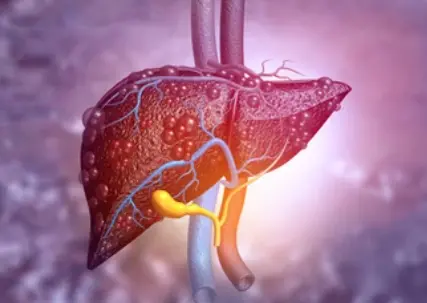 Welcome
Welcome
“May all be happy, may all be healed, may all be at peace and may no one ever suffer."
Plaque - Generics
Plaque is a sticky film of bacteria and food particles that forms on teeth and gums. It is a natural byproduct of the digestive process, but if it is not removed regularly through proper dental hygiene, it can build up and lead to a number of dental problems.
Plaque begins to form on teeth within hours of eating or drinking. It is made up of bacteria, saliva, and food particles that combine to form a sticky film on the teeth. If not removed, this film can harden into tartar, which is much more difficult to remove than plaque.
The bacteria in plaque produce acid that can erode tooth enamel, leading to cavities. Plaque can also irritate the gums, leading to inflammation and gingivitis. If left untreated, gingivitis can progress to periodontitis, a more serious form of gum disease that can cause the gums to recede and the bone supporting the teeth to break down.
The best way to prevent plaque buildup is to practice good dental hygiene. This includes brushing your teeth at least twice a day with fluoride toothpaste, flossing daily, and using an antimicrobial mouthwash. It is also important to visit your dentist regularly for professional cleanings and checkups.
If you already have plaque buildup, your dentist may recommend a professional cleaning to remove it. This typically involves scaling, in which the hygienist uses a special tool to remove the plaque and tartar from your teeth and gums. In some cases, your dentist may also recommend antibiotics or other treatments to help control the bacteria in your mouth.
In conclusion, plaque is a sticky film of bacteria and food particles that forms on teeth and gums. It can lead to a number of dental problems if not removed regularly through proper dental hygiene. Practicing good dental hygiene and visiting your dentist regularly are the best ways to prevent plaque buildup and maintain good oral health.

Gonococcal urethritis

Rheumatic pain

Endometrial cancer

Liver transplant

Bone marrow stimulation

Anal or vulvar pruritus

Post-operative wound dres...

Herpes simplex
Plaque, ফলক
To be happy, beautiful, healthy, wealthy, hale and long-lived stay with DM3S.